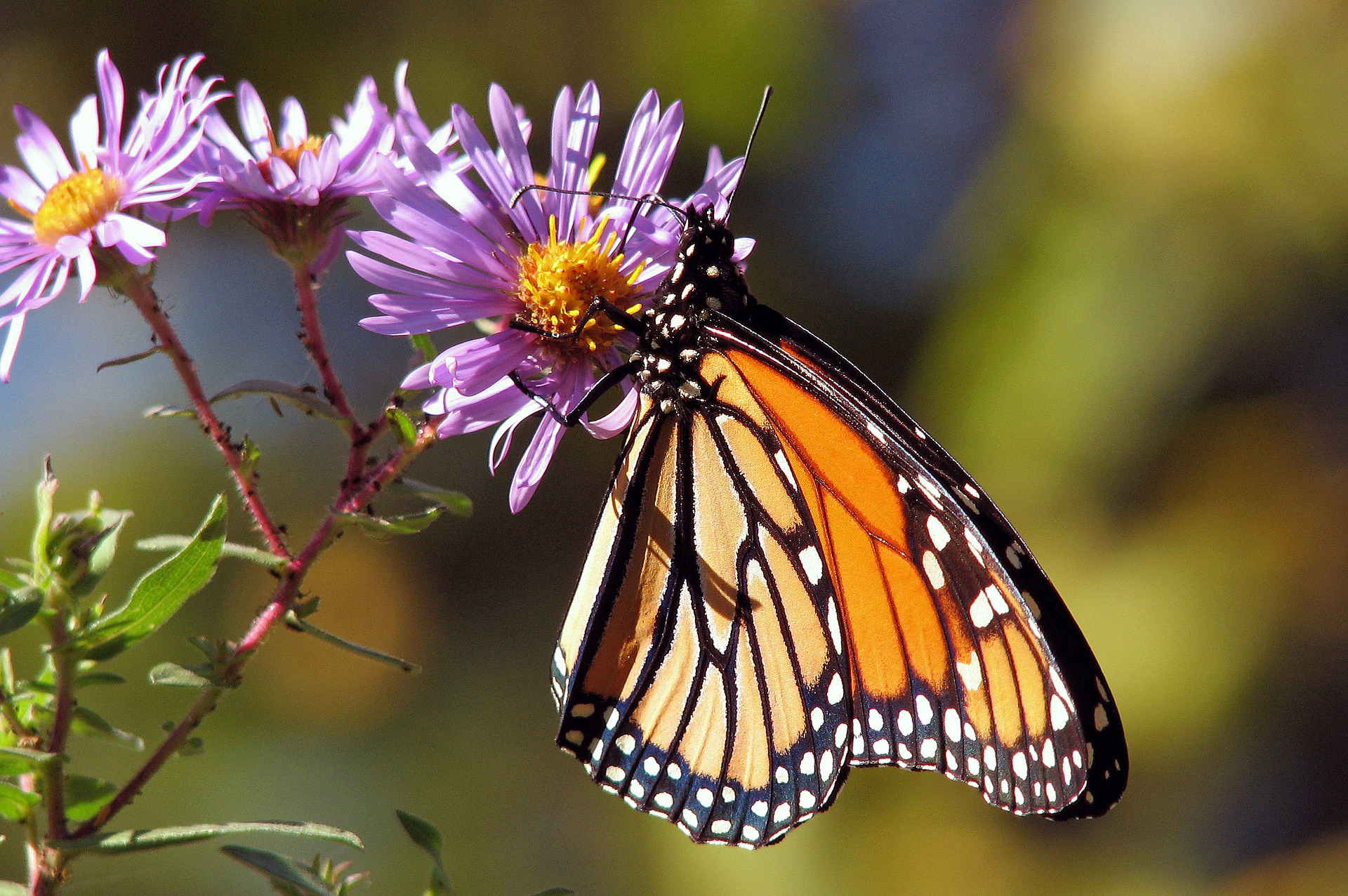
Adapted from a news release by the Office of Colorado Governor Jared Polis.
Pollinators are a critical link in Colorado’s food supply chain, and Gov. Jared Polis signed a law last year to help ensure that the state continues doing its part to recognize the crucial role of pollinators and promote biodiversity.
Climate change, disease, and other factors are causing insects and natural pollinators to decline globally and in many areas of Colorado and the American West. In response to these challenges to food supply and threats to the agriculture community, and as a result of the new law signed by Gov. Polis, the Colorado Department of Natural Resources has commissioned a study on native pollinating insects to understand the role native insect pollinators have on natural resources, determine how native insect populations are changing across the state, and recommend management practices and policies to address the health of native pollinators through statewide and cooperative efforts.
“We need to better understand the health and resilience of pollinators and their ecosystems,” said Gov. Polis. “This new study is a step our community is taking to strengthen Colorado’s pollinator ecosystems, ensure they are in a position to thrive, and help the rest of our natural world.”
“Colorado is home to a large and diverse community of native pollinating insects that are essential for pollinating the majority of the state’s flowering plants which are the foundation of our food systems, support overall biodiversity, and are essential for ecosystem services such as climate regulation, erosion control, nutrient cycling, and recreation,” said Dan Gibbs, executive director of the Colorado Department of Natural Resources. “We are proud to partner with our university and nonprofit partners to gain a fuller understanding of the status of pollinators in Colorado and what policies and measures we can pursue to ensure their long-term health and sustainability.”
Last summer at the Butterfly Pavilion in Westminster, Gov. Polis signed SB22-199, Native Pollinating Insects Protection Study, sponsored by Reps. Cathy Kipp and Meg Froelich and Sens. Sonya Jaquez Lewis and Kevin Priola, which created the study within the Department of Natural Resources to gain a better understanding of Colorado’s pollinators that keep our ecosystems healthy and resilient.
The collaborative study will be conducted by Colorado State University Extension, the Xerces Society for Invertebrate Conservation, and the University of Colorado Museum of Natural History, in consultation with state and federal agencies, researchers, scientists, and land managers across the state.
“CSU Extension is thrilled to be partnering with the Xerces Society along with leading pollinator researchers from academic institutions, including the CU Boulder Museum of Natural History,” said Principal Investigator Deryn Davidson, CSU Extension sustainable landscape state specialist. “This team has been conducting research on Colorado pollinators and best management practices for decades, and now we have an opportunity to bring all of that information together. We hope to provide the most comprehensive review of Colorado pollinators in state history, identify existing practices and programs, and provide recommendations for new practices that will benefit pollinator health across the state.”
Pollinators are essential to life on Earth and the health and economic stability of Colorado. The ecological service they provide is necessary for the reproduction of over 85% of the world’s flowering plants, including more than two-thirds of the world’s crop species. Colorado’s insect-pollinated crops contribute over $300 million to the state’s economy. Many of these crops depend on native pollinator populations, including squash, pumpkins, and melons, while other crops produce better and higher quality yields when pollinated by native insects. Additionally, pollinators contribute significantly to the health and resilience of Colorado’s rangelands which provide for grazing livestock and other wildlife.
The critical role of pollinators extends far beyond agriculture to the natural habitats within our parks, forests, grasslands, wild lands and green spaces. A rich diversity of flowering plants depends on diverse species and populations of pollinators. The diversity of wildlife and the quality of natural resources across Colorado hinges on native plant diversity and healthy ecosystems.
Study leads include Davidson, principal investigator and sustainable landscape state specialist with CSU Extension; Steve Armstead, pollinator conservation and nature-based climate solutions specialist; Xerces Society for Invertebrate Conservation; and Adrian Carper, research associate with the University of Colorado Museum of Natural History.
The study must be completed and prepared for presentation to the General Assembly and the governor on or before January 1, 2024.